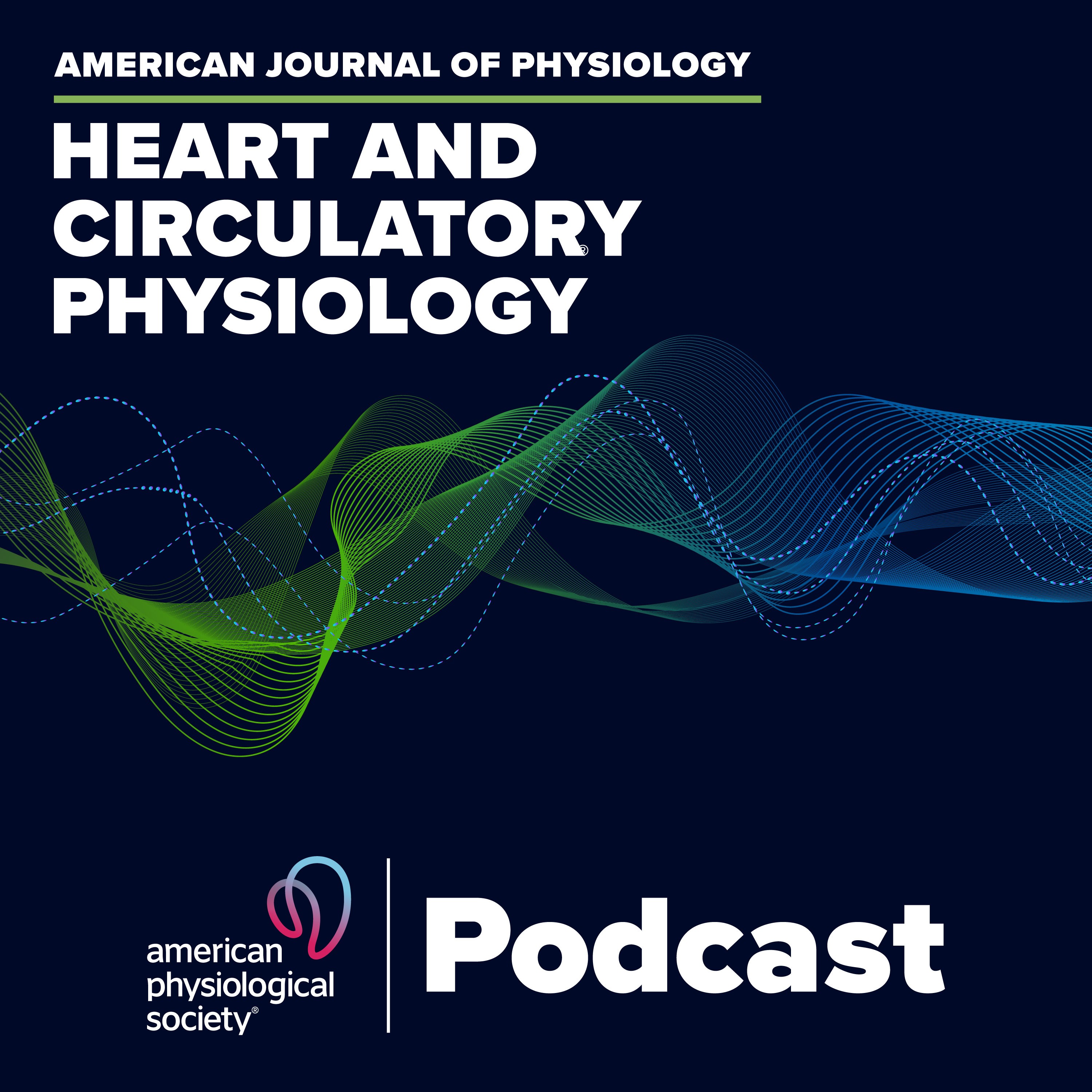Episodes

Thursday Sep 05, 2019
Experimental Design: Survey, Training & Practical Tools
Thursday Sep 05, 2019
Thursday Sep 05, 2019
Is it possible for preclinical researchers to improve the quality of their cardiac and metabolic animal studies by incorporating protocols and strategies aimed at reducing bias? Listen as Deputy Editor Merry L. Lindsey (University of Nebraska Medical Center) interviews lead author Julie R. McMullen (Baker Heart & Diabetes Institute) and content expert Lisandra de Castro Brás (East Carolina University) about the study by Weeks et al., the latest article in the AJP-Heart and Circulatory Physiology Cores of Reproducibility in Physiology series. McMullen and co-authors conducted a short survey of preclinical research colleagues about how animal studies were being performed, with a focus on blinding, randomization and allocation concealment. The survey was followed by skills training aimed at improving practices, such as computer-generated methods for randomization and de-identifying drugs and interventions. Why take on this project? By providing basic scientists with tools to correctly randomize animals, and rationale to pre-specify inclusion and exclusion criteria, pre-specify endpoints, and appropriately address negative data, McMullen and collaborators hope to equip investigators with tools and knowledge to remove unconscious bias. This includes the encouragement of team science among smaller labs to allow for improvements in experimental design such as allocation concealment, which requires more personnel. Listen now to learn more.
Kate L. Weeks, Darren C. Henstridge, Agus Salim, Jonathan E. Shaw, Thomas H. Marwick, Julie R. McMullen CORP: Practical Tools for Improving Experimental Design and Reporting of Laboratory Studies of Cardiovascular Physiology and Metabolism Am J Physiol Heart Circ Physiol, published July 26, 2019. DOI: doi.org/10.1152/ajpheart.00327.2019


No comments yet. Be the first to say something!